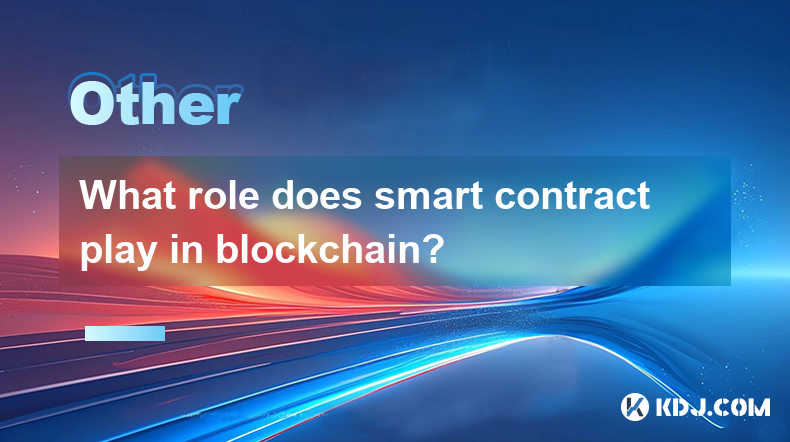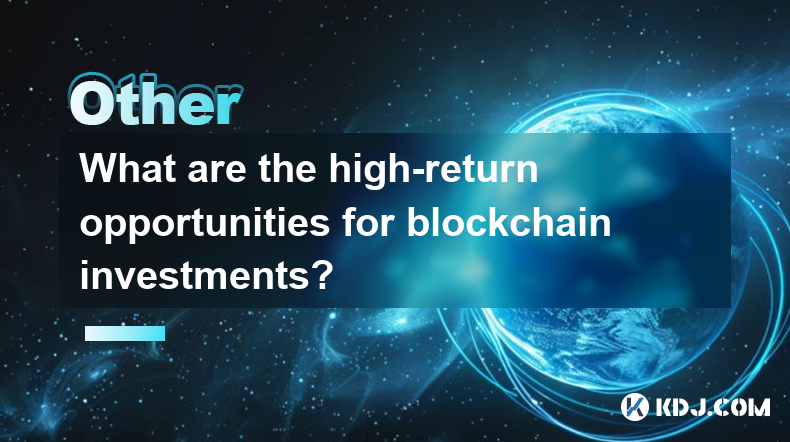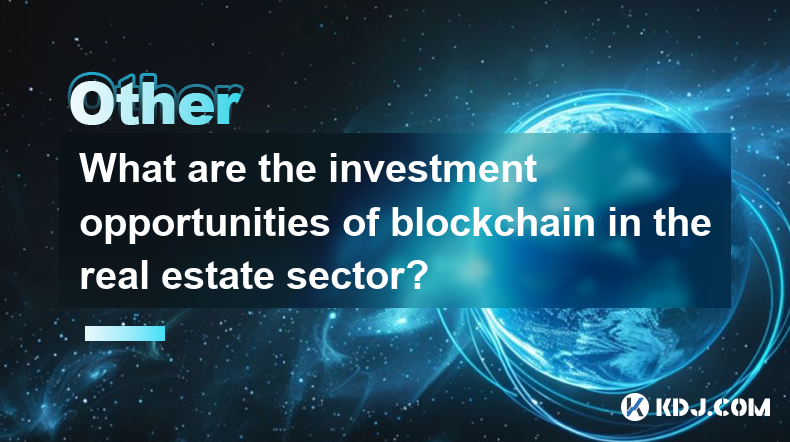-
 Bitcoin
Bitcoin $79,458.2598
-3.59% -
 Ethereum
Ethereum $1,521.5599
-7.73% -
 Tether USDt
Tether USDt $0.9990
-0.08% -
 XRP
XRP $1.9633
-3.06% -
 BNB
BNB $577.4502
-0.31% -
 USDC
USDC $0.9999
0.00% -
 Solana
Solana $112.8488
-4.38% -
 Dogecoin
Dogecoin $0.1539
-2.88% -
 TRON
TRON $0.2348
-1.47% -
 Cardano
Cardano $0.6104
-2.69% -
 UNUS SED LEO
UNUS SED LEO $9.4125
0.23% -
 Chainlink
Chainlink $12.0981
-3.46% -
 Avalanche
Avalanche $18.4808
0.70% -
 Toncoin
Toncoin $2.8940
-7.55% -
 Stellar
Stellar $0.2301
-3.86% -
 Hedera
Hedera $0.1672
-0.97% -
 Sui
Sui $2.1124
-4.81% -
 Shiba Inu
Shiba Inu $0.0...01163
-2.00% -
 MANTRA
MANTRA $6.4435
-4.71% -
 Bitcoin Cash
Bitcoin Cash $291.7023
-3.65% -
 Litecoin
Litecoin $73.9638
-1.83% -
 Polkadot
Polkadot $3.4550
-4.29% -
 Dai
Dai $0.9997
-0.03% -
 Ethena USDe
Ethena USDe $0.9986
-0.04% -
 Bitget Token
Bitget Token $4.1877
-3.66% -
 Hyperliquid
Hyperliquid $14.0213
4.03% -
 Pi
Pi $0.5923
-0.31% -
 Monero
Monero $200.7486
-0.41% -
 OKB
OKB $53.2082
-0.34% -
 Uniswap
Uniswap $5.0236
-6.14%
What role does smart contract play in blockchain?
Smart contracts automate blockchain-based agreements, enhancing transparency and security through immutable transaction records. They power decentralized applications (dApps) but require rigorous security audits due to potential code vulnerabilities.
Mar 23, 2025 at 08:56 pm

Key Points:
- Smart contracts automate contract execution on a blockchain, eliminating intermediaries.
- They enhance transparency and security by recording all transactions immutably.
- Smart contracts enable the creation of decentralized applications (dApps) with diverse functionalities.
- Various programming languages are used to develop smart contracts, each with its strengths and weaknesses.
- Security vulnerabilities in smart contracts pose significant risks, requiring careful auditing and development.
What Role Does Smart Contract Play in Blockchain?
Smart contracts are self-executing contracts with the terms of the agreement between buyer and seller being directly written into lines of code. This code is stored on a blockchain, ensuring transparency and immutability. Their core function is to automate the execution of agreements so that all participants can be immediately certain of the outcome, without any need for intermediaries like lawyers or escrow services. This significantly reduces costs and speeds up transactions.
The primary role of a smart contract within a blockchain is to automate trust. Traditional contracts rely on trust between parties and often require a third-party to mediate disputes. A smart contract, however, removes this reliance by automatically enforcing the agreement's terms based on predefined conditions. Once these conditions are met, the contract executes itself, transferring assets or triggering other actions programmed into the code.
Smart contracts are fundamental to the functionality of many decentralized applications (dApps). These applications operate on a distributed network, eliminating single points of failure and censorship. Examples include decentralized exchanges (DEXs), lending platforms, and supply chain management systems. In each case, the smart contract governs the core logic and ensures the secure and transparent execution of transactions.
The security of a smart contract is paramount. A vulnerability in the code can be exploited by malicious actors, potentially leading to significant financial losses. Therefore, rigorous testing and auditing are crucial before deploying a smart contract to a mainnet. Many projects utilize formal verification methods to increase confidence in the code's reliability and security.
Programming Languages for Smart Contracts:
Several programming languages are used to develop smart contracts, each with its own strengths and weaknesses. Solidity is the most widely used language for Ethereum-based smart contracts. It's a high-level language that simplifies the process of writing complex logic for blockchain applications. However, its relatively young age means its ecosystem is still evolving, and vulnerabilities can sometimes arise.
Other popular languages include Rust and Vyper. Rust is known for its focus on memory safety and security, making it a good choice for developing critical smart contracts where security is paramount. Vyper is another language gaining traction due to its simplicity and security features. It aims to improve on Solidity's security shortcomings. The choice of language depends on the specific requirements of the project and the developer's expertise.
The process of creating a smart contract involves several stages. First, the contract's logic is designed and written in the chosen programming language. This code is then compiled into bytecode, which is the machine-readable format understood by the blockchain's virtual machine. Finally, the bytecode is deployed to the blockchain, making the smart contract accessible and executable.
The deployment process varies slightly depending on the blockchain platform. However, generally it involves submitting a transaction to the network, including the compiled bytecode and any necessary configuration parameters. Once the transaction is confirmed, the smart contract is deployed and ready to be used.
Security Concerns and Best Practices:
Smart contracts, despite their advantages, present significant security challenges. Bugs or vulnerabilities in the code can be exploited by malicious actors to steal funds or disrupt the functionality of the application. This highlights the importance of thorough code reviews and security audits.
One common vulnerability is reentrancy, where a malicious contract can repeatedly call a function in the target contract, potentially draining all its funds. Another issue is arithmetic overflows, where calculations exceed the maximum value allowed by the data type, leading to unexpected results. These are just two examples, and numerous other security concerns exist.
To mitigate these risks, developers should follow best practices, including using established security libraries, conducting thorough code reviews, and employing formal verification techniques. Independent security audits by specialized firms are also highly recommended, especially for high-value contracts. Following secure coding practices is crucial for the longevity and reliability of smart contracts.
Frequently Asked Questions:
Q: What is the difference between a traditional contract and a smart contract?
A: Traditional contracts rely on trust and third-party enforcement, while smart contracts are self-executing and enforce themselves based on pre-defined conditions on a blockchain.
Q: Can smart contracts be changed after deployment?
A: Generally, no. The immutability of the blockchain prevents direct modification. However, some mechanisms allow for upgrades or updates, but this often requires careful planning and consideration.
Q: Are smart contracts completely secure?
A: No. Smart contracts are susceptible to vulnerabilities in their code, requiring rigorous testing, auditing, and secure development practices to mitigate risks.
Q: What are some real-world applications of smart contracts?
A: Decentralized finance (DeFi), supply chain management, digital identity verification, voting systems, and many other applications leverage smart contract technology.
Q: What are the limitations of smart contracts?
A: Limitations include the complexity of development, potential security vulnerabilities, and the dependence on the underlying blockchain's performance and security.
Disclaimer:info@kdj.com
The information provided is not trading advice. kdj.com does not assume any responsibility for any investments made based on the information provided in this article. Cryptocurrencies are highly volatile and it is highly recommended that you invest with caution after thorough research!
If you believe that the content used on this website infringes your copyright, please contact us immediately (info@kdj.com) and we will delete it promptly.
- On Monday, major coins like Bitcoin and Ethereum saw sharp declines
- 2025-04-11 08:55:13
- Chainlink (LINK) Rallies 8% This Week, Buoyed by New Abu Dhabi Partnership
- 2025-04-11 08:55:13
- Former South Africa star Faf du Plessis will be making a return to the Delhi Capitals (DC) playing XI
- 2025-04-11 08:50:12
- Venture Fund Node Capital Launches a New Liquid Fund Dedicated to Web3
- 2025-04-11 08:50:12
- Whale.io Launches NFT Bridge Between TON and Solana Blockchains
- 2025-04-11 08:45:12
- Andreessen Horowitz wants an updated version of Regulation Crowdfunding
- 2025-04-11 08:45:12
Related knowledge

Is the ranking of Chinese blockchain apps real and reliable?
Apr 04,2025 at 09:01pm
The ranking of Chinese blockchain apps has become a topic of interest for many in the cryptocurrency community, as it provides insights into the popularity and adoption of blockchain technology within China. However, the reliability and authenticity of these rankings are often questioned. This article aims to delve into the factors that influence these ...

What are the future development trends of blockchain game development?
Apr 03,2025 at 05:00am
Blockchain technology has revolutionized various industries, and gaming is no exception. As we look to the future, several trends are set to shape the development of blockchain games. These trends not only promise to enhance the gaming experience but also to integrate blockchain technology more seamlessly into the gaming ecosystem. Let's explore these t...

What are the high-return opportunities for blockchain investments?
Apr 05,2025 at 02:35pm
Blockchain technology has revolutionized the financial world, offering numerous high-return investment opportunities. These opportunities span various sectors within the cryptocurrency ecosystem, including cryptocurrencies, decentralized finance (DeFi), non-fungible tokens (NFTs), and blockchain startups. Each of these areas presents unique risks and re...

What are the investment opportunities of blockchain in the real estate sector?
Apr 10,2025 at 04:08pm
The integration of blockchain technology into the real estate sector has opened up a plethora of investment opportunities. Blockchain, a decentralized and distributed digital ledger used to record transactions across numerous computers, ensures transparency, security, and efficiency in real estate dealings. By leveraging blockchain, investors can benefi...

What are the maintenance costs of blockchain system development?
Apr 03,2025 at 06:07pm
The maintenance costs of blockchain system development are multifaceted and depend on various factors. These costs can include technical maintenance, security updates, infrastructure expenses, and personnel costs. Understanding these elements is crucial for anyone planning to develop or maintain a blockchain system. Technical MaintenanceTechnical mainte...

What are the money-making models of blockchain games?
Apr 04,2025 at 02:00pm
Blockchain games have emerged as a revolutionary way for players to earn real money while enjoying their favorite pastime. These games leverage the power of blockchain technology to create unique money-making models that benefit both the players and the developers. In this article, we will explore the various money-making models of blockchain games and ...

Is the ranking of Chinese blockchain apps real and reliable?
Apr 04,2025 at 09:01pm
The ranking of Chinese blockchain apps has become a topic of interest for many in the cryptocurrency community, as it provides insights into the popularity and adoption of blockchain technology within China. However, the reliability and authenticity of these rankings are often questioned. This article aims to delve into the factors that influence these ...

What are the future development trends of blockchain game development?
Apr 03,2025 at 05:00am
Blockchain technology has revolutionized various industries, and gaming is no exception. As we look to the future, several trends are set to shape the development of blockchain games. These trends not only promise to enhance the gaming experience but also to integrate blockchain technology more seamlessly into the gaming ecosystem. Let's explore these t...

What are the high-return opportunities for blockchain investments?
Apr 05,2025 at 02:35pm
Blockchain technology has revolutionized the financial world, offering numerous high-return investment opportunities. These opportunities span various sectors within the cryptocurrency ecosystem, including cryptocurrencies, decentralized finance (DeFi), non-fungible tokens (NFTs), and blockchain startups. Each of these areas presents unique risks and re...

What are the investment opportunities of blockchain in the real estate sector?
Apr 10,2025 at 04:08pm
The integration of blockchain technology into the real estate sector has opened up a plethora of investment opportunities. Blockchain, a decentralized and distributed digital ledger used to record transactions across numerous computers, ensures transparency, security, and efficiency in real estate dealings. By leveraging blockchain, investors can benefi...

What are the maintenance costs of blockchain system development?
Apr 03,2025 at 06:07pm
The maintenance costs of blockchain system development are multifaceted and depend on various factors. These costs can include technical maintenance, security updates, infrastructure expenses, and personnel costs. Understanding these elements is crucial for anyone planning to develop or maintain a blockchain system. Technical MaintenanceTechnical mainte...

What are the money-making models of blockchain games?
Apr 04,2025 at 02:00pm
Blockchain games have emerged as a revolutionary way for players to earn real money while enjoying their favorite pastime. These games leverage the power of blockchain technology to create unique money-making models that benefit both the players and the developers. In this article, we will explore the various money-making models of blockchain games and ...
See all articles




















![🐢Super Mario World Koopa Troopa 100% 96⭐️ + Coin [Ao Vivo] 🐢Super Mario World Koopa Troopa 100% 96⭐️ + Coin [Ao Vivo]](/uploads/2025/04/10/cryptocurrencies-news/videos/super-mario-koopa-troopa-coin-ao-vivo/image-1.webp)


































































